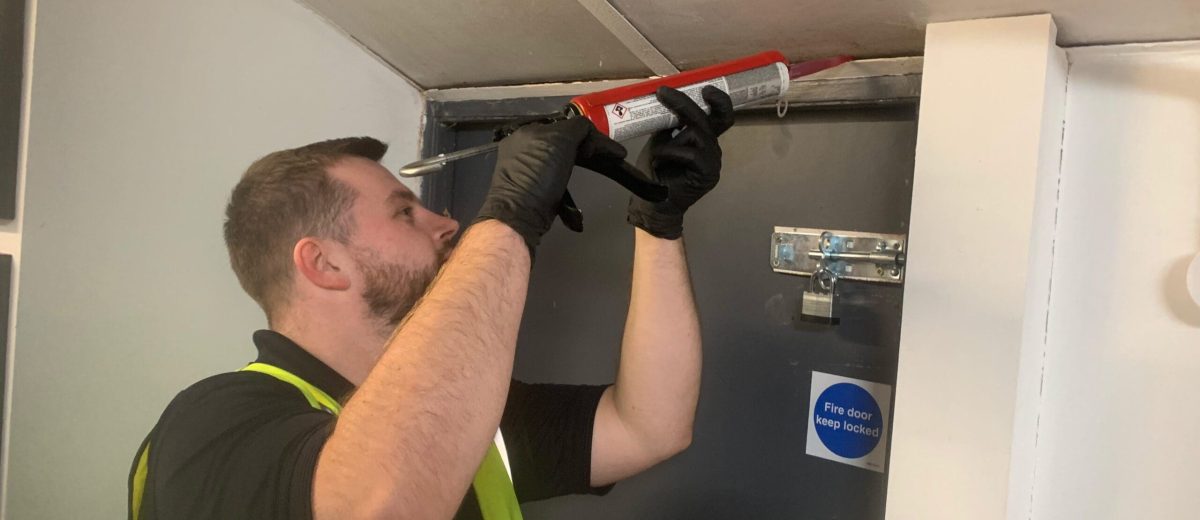By Natasha Kulinski
I recently attended Pest Ex, an annual pest control exhibition held at Excel, London. For me, this is an important event for staying updated on best practices and ensuring that we, at Beaver Pest Control, are making the most of the latest products and services available in our industry.
Among the various highlights of the exhibition, one of my personal favourites is the big debate. This theatre brings together experts from the field to discuss important and sometimes controversial topics facing the industry. This year, one of the sections was based around Behavioural Resistance. Shedding light on the importance of ensuring that our practices are effective in preventing the spread of resistance among pests. It’s a good reminder that pest control isn’t just a service; it’s a critical profession. This fact was underscored by our status as key workers during the COVID-19 pandemic. The government understand why professional pest control is an essential industry.
This got me thinking: What would the UK truly be like without professional pest controllers? Would it be Armageddon? I’m no George Orwell, but I thought I would try to paint a picture of a world without pest professionals.

As the behavioural resistance talk was focussed heavily on the common house mouse, let’s consider the consequences for this species. This creature might seem inconsequential on its own, but its potential for rapid reproduction is staggering.
Consider this: a single female house mouse can produce up to 5 to 10 litters per year. Each litter typically consists of 5 to 6 pups, although they can have as many as 12. The gestation period for house mice is short, lasting only about 19 to 21 days. This means that a female mouse can give birth to a new litter every three weeks.
Now, let’s do the math. Suppose we start with just one pregnant female mouse. After giving birth to her first litter, she can become pregnant again within days. With an average litter size of 6 pups, and considering the short gestation period, it’s possible for her to produce another litter before the previous one is even weaned. In the span of a year, a single female mouse, along with her offspring and their subsequent generations, can create a colony of thousands.

Pest controllers are up against these numbers on a daily basis. It’s not just about dealing with a few stray rodents here and there; it’s about combating an ever-expanding army of pests that threaten to overrun homes, businesses, and public spaces if left unchecked.
Now, imagine the consequences of leaving these growing populations with no control. As mouse populations rise, so do the risks they bring with them. Rodents gnawing through electrical wiring could trigger devastating fires, especially in urban areas where buildings are closely packed together. Additionally, their tendency to chew through water pipes can lead to flooding, causing extensive damage to property and infrastructure.
Beyond the physical destruction they can wreak, mice and other pests also pose significant health hazards. They are carriers of various pathogens, capable of spreading diseases such as salmonellosis, leptospirosis, and hantavirus. Without effective pest control measures in place, the risk of disease transmission would skyrocket, endangering public health on a massive scale.
Without professional pest controllers, the burden of pest control would fall to the general public. However, DIY pest control often worsens the problem, inadvertently adding to the spread of resistance in mice through ineffective and untrained controls. If complete control is not achieved within any given rodent population, behavioural resistance and even genetic resistance will increase. This has been seen time and time again over the last 40 years with many rodenticides being removed from the market due to their ineffectiveness.
I think we can all agree, a world without pest controllers is a scary one indeed. It is clear that they are not just safeguarding properties; they are also protecting public health and safety, ensuring that our communities remain liveable.




